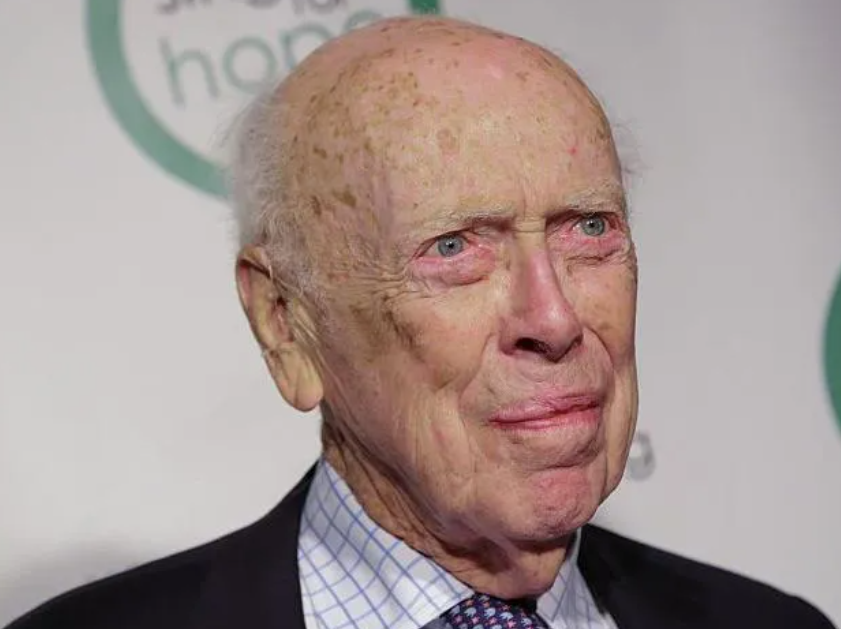James Watson, the American biologist who helped uncover the double-helix structure of DNA, has died at the age of 97. Cold Spring Harbor Laboratory (CSHL) in New York, where Watson worked for decades, confirmed his death to the BBC.
Watson, alongside British scientist Francis Crick, made one of the 20th century’s most significant scientific breakthroughs in 1953 discovering that DNA is shaped like a double helix. This revelation revolutionized biology, laying the foundation for genetics, biotechnology, and modern medicine. In 1962, Watson, Crick, and Maurice Wilkins were jointly awarded the Nobel Prize in Physiology or Medicine for their groundbreaking discovery.
However, Watson’s later years were overshadowed by controversy. His public comments linking race and intelligence led to widespread condemnation and his eventual ostracism from the scientific community. In a 2007 interview, Watson claimed genetic differences explained varying intelligence levels among races remarks that resulted in his removal as chancellor of Cold Spring Harbor Laboratory. Further comments in 2019 caused the institution to strip him of all honorary titles.
Despite his tarnished reputation, Watson’s contributions to molecular biology remain monumental. His work, aided by Rosalind Franklin’s X-ray diffraction images reportedly used without her consent unlocked the molecular “secret of life.”
Born in Chicago in 1928, Watson entered the University of Chicago at just 15 and later pursued research at Cambridge, where he met Crick. The duo’s model of DNA transformed biology forever.
Watson sold his Nobel medal in 2014 for $4.8 million, citing his alienation from the scientific world. The buyer, Russian billionaire Alisher Usmanov, later returned it to him.
James Watson leaves behind a complex legacy one of groundbreaking discovery and enduring controversy. His death marks the end of a chapter in modern science that reshaped humanity’s understanding of life itself.

